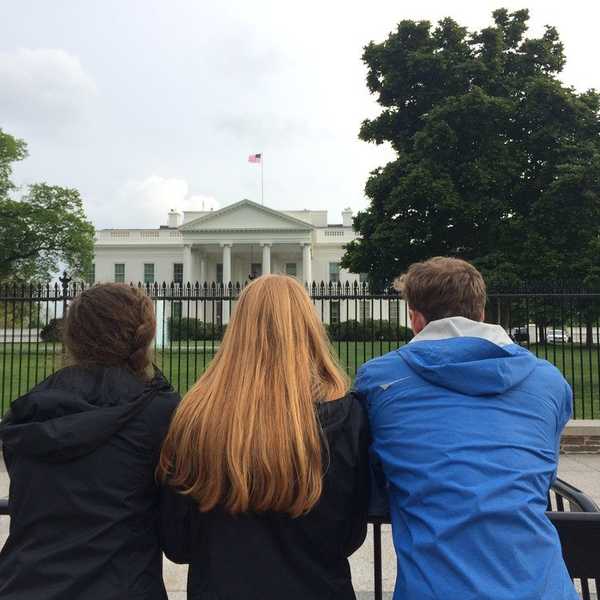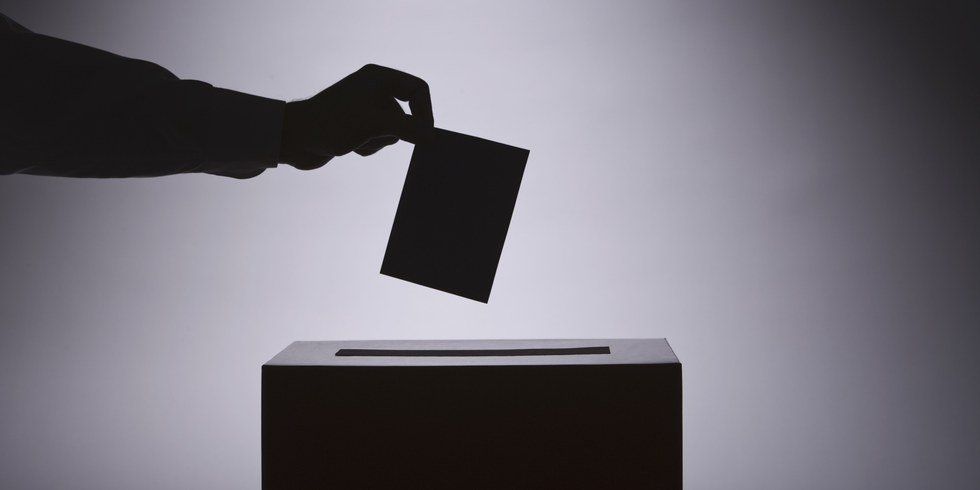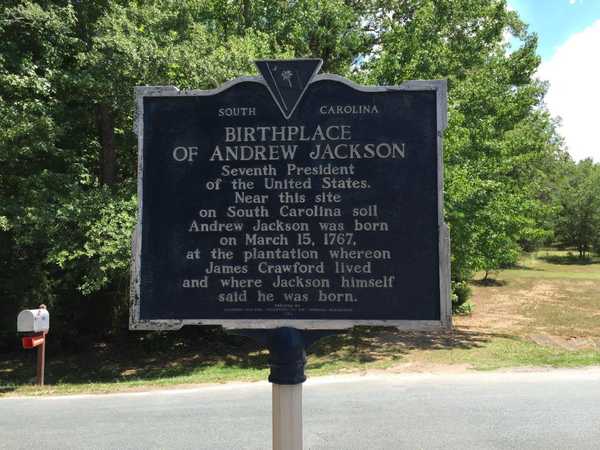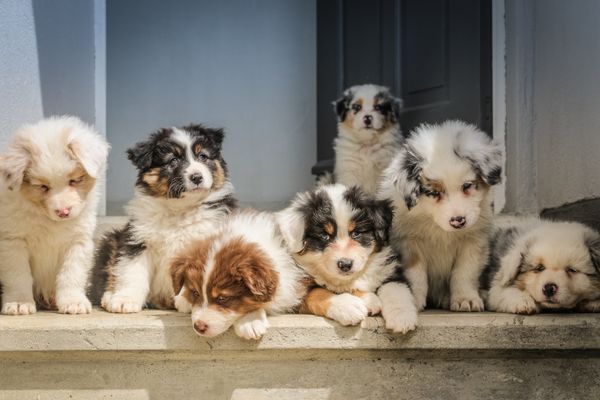Monday, October 11 is the deadline for voter registration in Pennsylvania. Although the majority of college students have turned eighteen before they enter school, the majority will not vote in the coming election. Only 24% of Americans aged 18-29 voted in the 2010 midterm elections, and approximately 40% voted in the 2012 presidential elections. Although turnout is higher among college students than young Americans who don't attend college, that's less than a quarter of our peers that will be at the polls this November.
Why is that number so low? Why does it matter to us as students or as citizens?
“I registered as soon as I turned 18,” said rising junior Gabrielle Spagnuolo. “I think it's my duty as a citizen.” Gabrielle isn't the only person who feels this way. Many students cited their reason for voting was the same as hers – it's a civic responsibility. Some elaborated, sharing the feeling with increased visibility of voter suppression in Russia and the Middle East, we should take advantage of our right to vote. Not including the Holy See/Vatican State, which has a unique form of government, seven countries still don't have universal voting rights. Of the countries that do, the validity of the vote has been called into question for more than half, citing everything from directly rigging elections to starving or punishing those who don't vote a certain way. “One vote might not mean a lot,” said recent graduate Forest Hawkins, “but at least you have a say in things.
Ayajan Nardone, a local non-Wilkes student, stated that her American Government class encouraged her interest in the American political system.
“I've been intrigued about politicians.”
Interest in the American political system and voter registration facilitated by schools has helped to increase the number of youth voters by 7% over the last eight years. Many students, including Gabrielle and Ayajan, received their registration senior year of high school, which helped them to ensure they would be registered on time. Out of those Americans aged 18-29 who didn't vote, well over a quarter of them cited the reason being they didn't know where or when to vote. Involving schools in registration has helped to solve some of that problem.
Registration is more prevalent among women and minorities, with good reason. Although every gender and ethnic group has had to fight for suffrage at some point in time, the concept is more fresh for these citizens, whose grandparents or great-grandparents saw the uninhibited right to vote come in their lifetimes. Women have a higher turnout than men by 8%, and 68% of Black students voted in 2010 – higher than any other racial/ethnic group since 1972. In addition, the recent visibility of policies considered “women's issues” (such as the restriction of access to birth control and the various draconian restrictions imposed on abortion) or “minority issues” (such as the ongoing conflicts involving state violence against Black Americans) have spurred young people from those groups to take action in what one student termed “my own destiny.”
However, not all students are as eager to vote. Although the biggest explanation given for not registering was simply “I forgot,” senior Eliza Neidlinger continued to explain it as such: “It's not that I don't think my vote will matter... it's just never been a priority.” Many young voters feel as if the political system isn't for people their age, and the statistics back them up – only 7% of congresspeople said that they felt young people were the most important factor for the long-term success of their party.
Other students feel resentment toward the political system. Graduate Matt Oakum said “... there are far too many corrupt powers in play that influence what an individual can actually accomplish in office. The greed of a small percent of the wealthy... use their funds to buy the opinions of members of congress. Nothing good gets done.” This is a belief held not only by young voters but by American citizens as a whole: Congress has a lower approval rating than both Al Qaeda and Nickleback. Growing dissatisfaction with the political system has caused a drop in voter turnout for almost 15 years and until a solution for bipartisan gridlock is found, the likelihood of this getting any better is slim to none.
However, it's probably this response (from a student who has requested his name not be included) that truly sums up the problem with voter registration among young Americans. When asked why he hadn't registered to vote, he responded immediately “I just don't care.” Apathy has been cited by national polls as the number one reason young people don't vote in America. As far as reasons go, it isn't a very good one. Although the political system is certainly flawed, to have your only excuse be “I couldn't be bothered” reflects poorly on the generation as a whole.
Many thanks to everyone who I spoke to about voting. Your responses were greatly appreciated!
You can register to vote at your local DMV or rockthevote.com





















